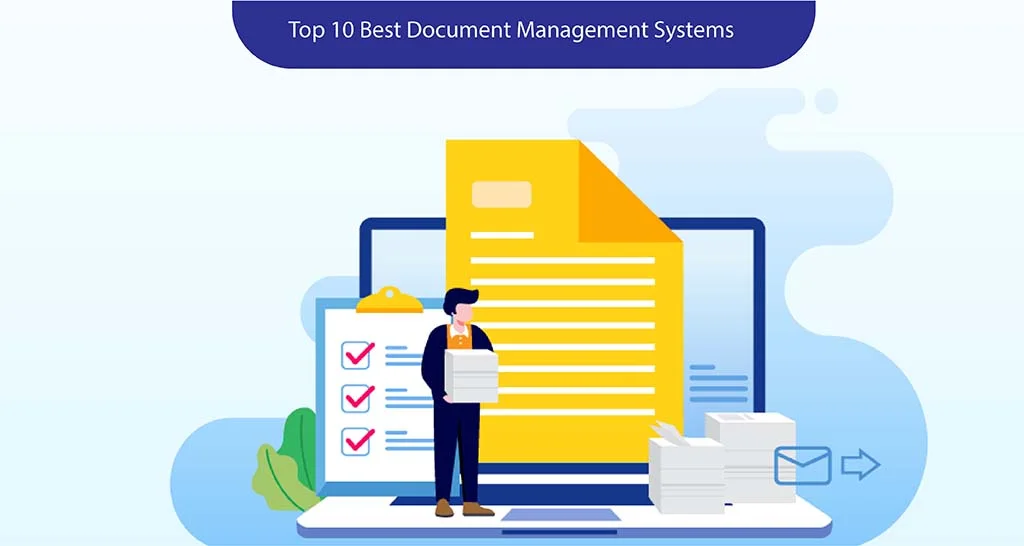Harnessing Artificial Intelligence to Revolutionize Customer Service in 2024

In the rapidly evolving landscape of business, Artificial Intelligence stands as a transformative force, particularly in the realm of customer service. As we venture further into 2024, companies across various sectors are increasingly leveraging technologies to enhance their customer service operations. This shift is not merely about keeping up with technological trends but about fundamentally reshaping how businesses interact with their clients, aiming for efficiency, personalization, and higher satisfaction levels.
integration into customer service is reshaping the industry by offering solutions that were previously unimaginable. From chatbots that handle inquiries around the clock to predictive analytics that anticipate customer needs, is revolutionizing the customer experience. This article delves into how is impacting customer service, highlighting key advancements and offering practical insights on how businesses can effectively incorporate these technologies.
The Rise of AI-Powered Chatbots
One of the most visible applications of in customer service is the deployment of chatbots. Unlike traditional automated systems, modern-driven chatbots use natural language processing (NLP) to engage in meaningful conversations with customers. These chatbots are designed to understand context, handle complex queries, and even detect sentiment. For example, if a customer expresses frustration, the chatbot can escalate the issue to a human representative or offer soothing language to defuse the situation.
The benefits of chatbots are manifold. They provide 24/7 customer support, ensuring that clients receive immediate assistance regardless of time zones. This around-the-clock availability can significantly enhance customer satisfaction and loyalty. Moreover, chatbots can handle a vast volume of inquiries simultaneously, reducing wait times and freeing up human agents to focus on more complex issues.
Personalized Customer Experiences Through Predictive Analytics
Predictive analytics, powered by, offers another significant advantage in customer service. By analyzing historical data, systems can identify patterns and predict future customer behaviors. This capability allows businesses to tailor their services and interactions to individual preferences and needs.
For instance, an e-commerce platform can use predictive analytics to recommend products based on a customer’s past purchases and browsing history. Similarly, a telecom company can anticipate service disruptions and proactively reach out to customers with solutions before they even realize there’s a problem. This level of personalization not only enhances the customer experience but also fosters a deeper connection between the customer and the brand.
Streamlining Operations with-Driven Automation
is also streamlining backend operations, leading to more efficient customer service processes. Automated systems can handle routine tasks such as data entry, appointment scheduling, and order processing with precision and speed. This automation reduces the likelihood of human error and ensures that tasks are completed promptly.
For example, systems can automatically update customer records, manage inventory levels, and even handle billing inquiries. By automating these processes, companies can reduce operational costs and allocate resources more effectively. This allows human agents to focus on more strategic and value-added activities, such as resolving complex issues or developing customer relationships.
Enhancing Customer Insights
Aability to analyze large volumes of data provides valuable insights into customer behavior and preferences. Advanced analytics tools can track and interpret customer interactions across various channels, including social media, email, and live chat. This data can then be used to identify trends, measure satisfaction levels, and assess the effectiveness of different customer service strategies.
Businesses can leverage these insights to make informed decisions and refine their customer service approaches. For instance, if data reveals that customers frequently encounter issues with a specific product feature, the company can prioritize addressing this problem in future updates. Additionally, insights from customer feedback can guide the development of new services or enhancements, ensuring that offerings align with customer expectations.
Addressing Challenges and Ethical Considerations
While offers numerous advantages, it is essential to address the associated challenges and ethical considerations. One significant concern is the potential for reduced human interaction, which can affect the quality of customer service. It’s crucial for businesses to strike a balance between automated and human interactions, ensuring that customers can always reach a live representative when needed.
Moreover, privacy and data security are paramount. As systems collect and analyze vast amounts of customer data, businesses must implement robust security measures to protect this information. Transparent data practices and compliance with regulations such as GDPR are essential to maintaining customer trust.
Experiences
In 2024, is undeniably reshaping the customer service landscape, offering opportunities for businesses to enhance efficiency, personalization, and overall customer satisfaction. From AI-powered chatbots and predictive analytics to operational automation and customer insights, the technologies available today are driving a new era of customer engagement.
However, as companies integrate into their customer service strategies, they must navigate challenges related to human interaction and data security. By addressing these issues thoughtfully and leveraging capabilities effectively, businesses can create a customer service experience that is both innovative and responsive, setting themselves apart in a competitive market.
In summary, the future of customer service is here, and is at its forefront. Embracing these technologies will not only improve operational efficiency but also forge stronger connections with customers, paving the way for sustained success in an increasingly digital world.


